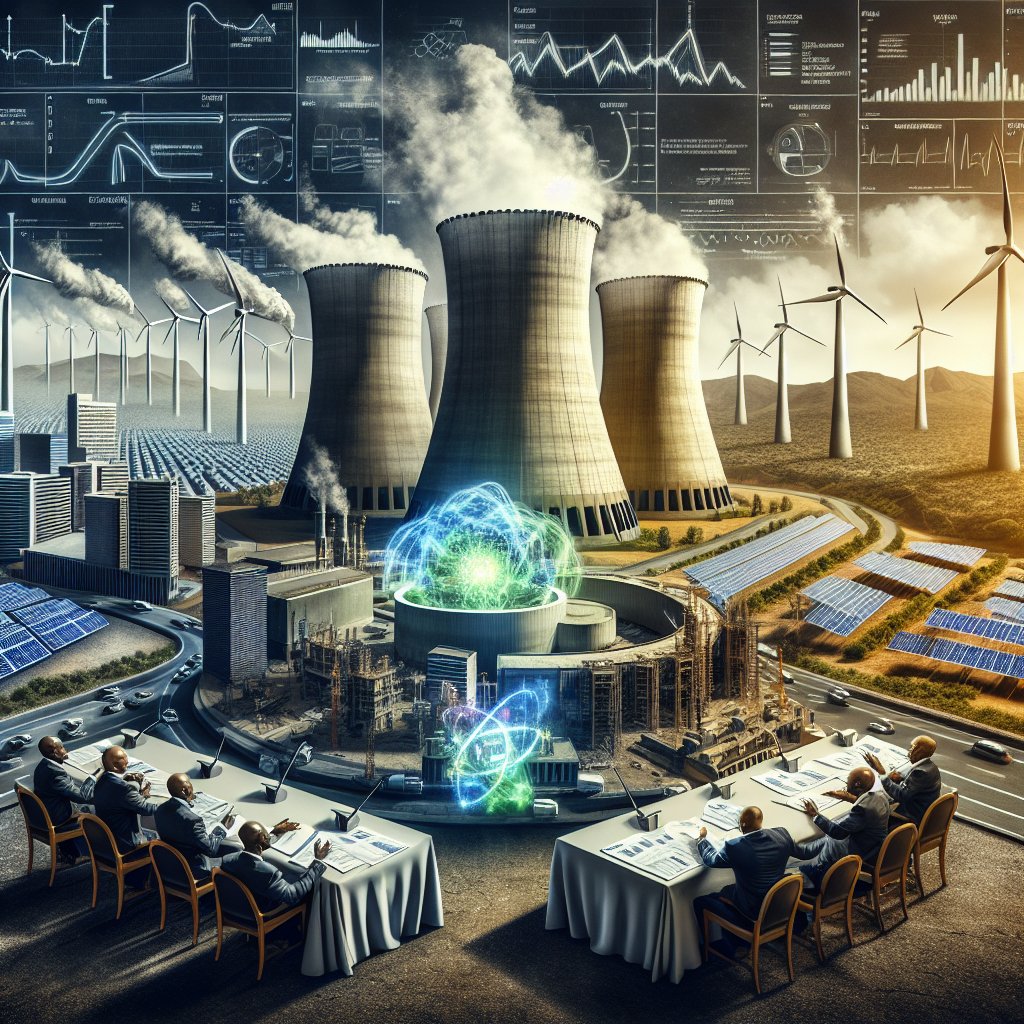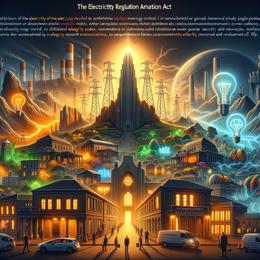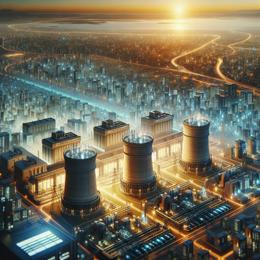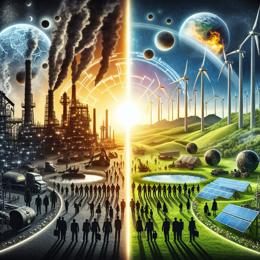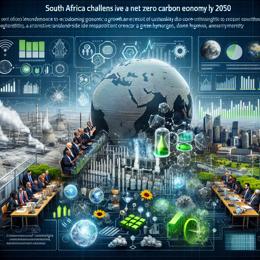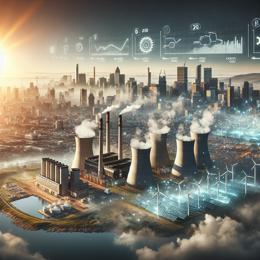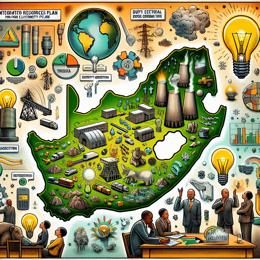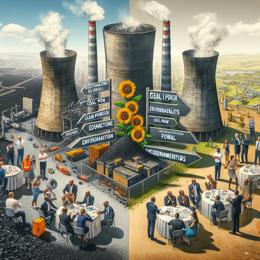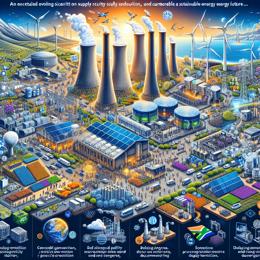Content created by AI
South Africa's Nuclear Power Plan Under Scrutiny
South Africa's commitment to a nuclear power future is being widely debated as industry experts weigh in on the prudence of the government's decision to introduce 2,500 megawatts (MW) of nuclear energy into the national grid. Professor Mark Swilling, co-director at Stellenbosch University’s Centre for Sustainability Transitions, has voiced his skepticism, remarking on both the lengthy timeline and substantial costs associated with the development of nuclear facilities compared to the rapid advancement and cost efficiency of renewable energy sources.
The prevailing argument against the expansion of nuclear power underscores the significant lag between initiating construction and operationalizing a nuclear plant – a process taking anywhere from twelve to fifteen years. By the time a new nuclear facility would be prepared to contribute to South Africa's energy demands, around 2035 or later, considerable advancements in renewable energy infrastructure are anticipated to have already taken place.
Professor Swilling highlighted the diminishing cost of renewable energy technologies, particularly solar, which is becoming increasingly competitive versus traditional energy sources. Nuclear energy supporters often refer to the steady base load it can provide, but alternative viewpoints stress the high financial and environmental costs, not to mention the construction and financing that inflate the true expense of nuclear power.
Citing international financial firm Lazard’s analysis, Professor Swilling detailed the cost discrepancies between nuclear and other energy forms. He brought attention to the fact that while the operational cost of nuclear might seem modest, when other factors are accounted for, the price is significantly higher than that of solar photovoltaic (PV) and coal energy.
The proposition for a nuclear future in South Africa is not without government backing, as confirmed by Electricity Minister Kgosientsho Ramokgopa during a media briefing on December 12, 2023. The plan to procure 2,500MW of nuclear power is apparently proceeding to the gazetting stage, symbolic of the commencement of the procurement process. Despite this, pragmatic estimates suggest a minimum timeframe of a decade to bring a nuclear plant online.
Questions around the delivery speed and implementation of this plan surface amidst these developments. The Department of Mineral Resources and Energy’s (DMRE) outline indicates that by 2024 procurement could be finalized, proposing that the new capacity should be integrated into the grid by 2030. These projections contrast with experts' analysis and historical precedents in nuclear plant constructions.
As the discussion continues, the balance between energy security, affordability, and environmental sustainability remains the central point of contention. The country's push towards energy sovereignty is juxtaposed with the need for efficient, cost-effective, and environmentally conscious power solutions, eschewing the single-threaded pursuit of nuclear energy for a more diverse and flexible energy portfolio.
